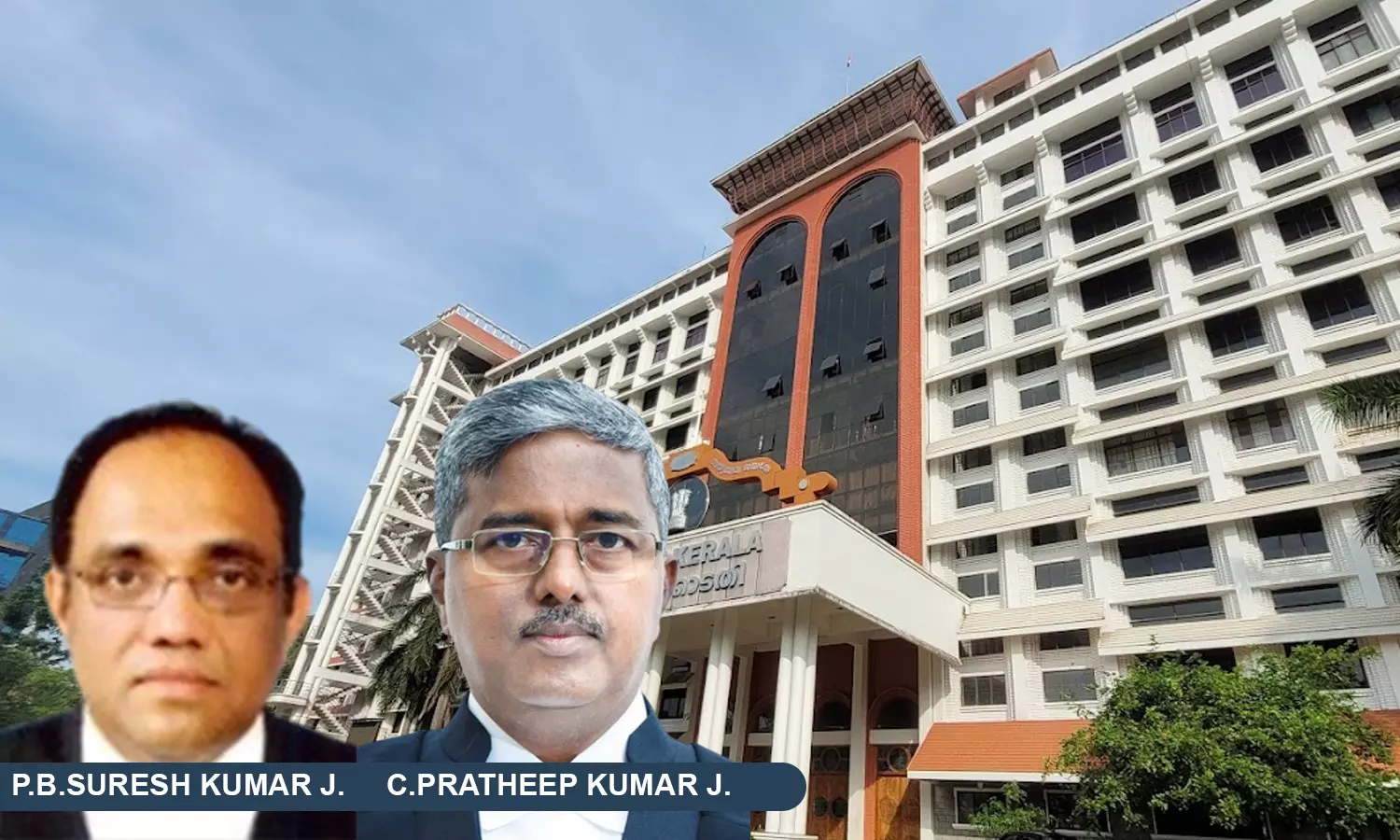
"He Does Not Deserve Any Leniency": Kerala HC Upholds Conviction Of Father Accused Of Raping His Minor Daughter
 |
|The Kerala High Court has upheld the conviction of the father of a minor daughter for repeatedly raping and committing penetrative sexual assault on her.
The Court awarded him 20 years of rigorous imprisonment while commuting his life imprisonment.
In that context, the Bench of Justice PB Suresh and Justice C Pratheep Kumar observed that, "The accused is none other than the father of the minor victim, who is supposed to protect her from any such sexual harassment from anybody else. In spite of that, he had committed rape/ penetrative sexual assault on his minor daughter repeatedly, for a period of more than two years. In the above circumstance, he does not deserve any leniency. However, considering the entire facts, we hold that this is not a fit case in which the accused is liable to get the extreme punishment like imprisonment for life, which shall mean imprisonment for the remainder of his natural life or death, as more heinous situations may arise warranting such punishments. In the above circumstance, considering the entire facts, we hold that rigorous imprisonment for a period of 20 years will be sufficient to meet the ends of justice to both the prosecution as well as to the accused."
The accused was convicted by the Special Court and sentenced to life imprisonment for repeatedly committing rape and penetrative sexual assault on his minor daughter at their home.
As per the prosecution case, the abuse started when the girl was in the seventh standard and continued for more than two years. The crime came to light in November 2017 when the victim's mother witnessed the assault. Following this, the accused was charged under Sections 376(2)(f)(k) and (n) of the Indian Penal Code (IPC), along with Section 5 read with Section 6 of the Protection of Children from Sexual Offences (POCSO) Act.
The defense argued that there were discrepancies in the victim's statements, which were given on the same day.
The Court upheld the conviction of the accused under Section 6 of the Protection of Children from Sexual Offences (POCSO) Act but set aside the conviction under Sections 376(2)(f)(k) and (n) of the Indian Penal Code (IPC).
The Court noted that under Section 42 of the POCSO Act, an offender cannot be punished for the same offence under both the IPC and POCSO, and must be sentenced under the law providing the greater punishment. Since Section 6 of the POCSO Act prescribed a greater degree of punishment (rigorous imprisonment for a minimum of 20 years or life imprisonment for the remainder of the offender's natural life), the accused was sentenced under this provision.
The Court rejected the argument that the victim and her mother fabricated the allegations, noting that the mother had no enmity towards the accused, and neither she nor the victim had initially reported the abuse to the police. The abuse only came to light through the intervention of child-line volunteers after the victim disclosed the assault during counseling. The Court also dismissed the defense's contention that penetration was not proven, emphasizing that even partial penetration suffices under Section 3 of the POCSO Act, and medical evidence corroborated the victim's account. The Court concluded that the victim's testimony, along with medical and corroborating evidence, proved the accused's guilt beyond a reasonable doubt.
While the defense requested leniency due to the accused's age, the Court declined, citing precedents that empower Constitutional Courts to impose a fixed term even where life imprisonment is mandated. The Court upheld the life sentence under Section 6 of the POCSO Act, stating, "The greater degree of punishment involved in this case is for Section 6 of the PoCSO Act... and the punishment under Sections 376(2)(f), (2)(k) and (2)(n) of IPC is liable to be set aside."
Cause Title: VM Abdulkhader @ Kader vs State of Kerala & Anr. (Neutral Citation: 2024:KER:66878)
Click here to read/download the Judgment